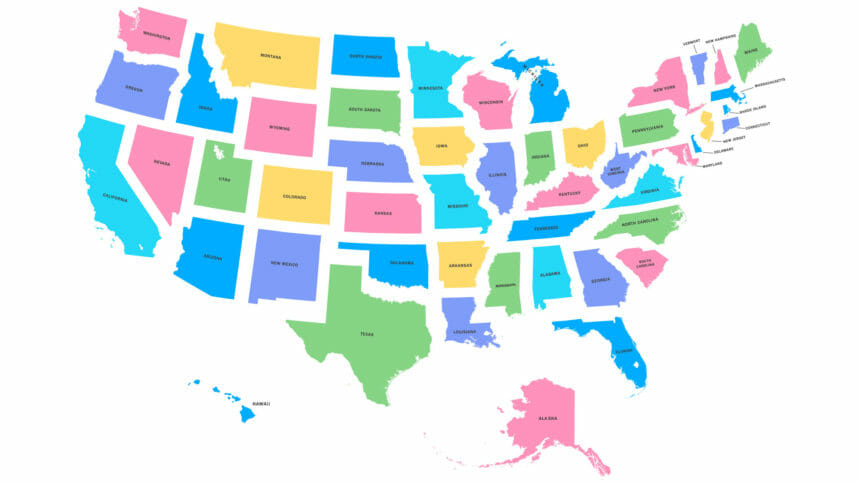Twenty-nine states made changes to regulations, statutes and policies affecting assisted living from June 2017 and June 2018, according to a report issued Tuesday by the National Center for Assisted Living. That’s an increase from 2016-2017, when 17 states made such changes, and from 2015-2016, when 23 states made changes.
“As assisted living grows in its role within the long-term care continuum, it is no surprise to see state regulations increase as well,” NCAL Executive Director Scott Tittle said in a statement. “NCAL supports developing state regulations with a measured approach, in collaboration with providers and other stakeholders, while continuing to promote person-centered care.”
The organization expects state regulations to continue to increase; officials in half of the states indicated that over the next year, they will be proposing, formally reviewing or considering changes that would affect assisted living communities.
“The potential changes range from a complete review of the licensure requirements to targeted regulatory updates to implementation of new legislation, as well as changes to Medicaid requirements for participating assisted living communities,” NCAL Senior Policy Director Lilly Hummel said. She was the report’s author.
Specific changes
This past year, the most common changes to state regulations were in the area of staffing, such as requiring additional training or expanded background checks, according to the 2018 edition of “Assisted Living State Regulatory Review.”
Nine states made changes that affect training or qualifications for assisted living staff members, according to NCAL. Those states included Colorado, Florida, Louisiana, New Hampshire, North Carolina, Ohio, Oklahoma, Oregon and Texas.
In Louisiana, for instance, orientation for direct care staff now must include an evaluation to ensure that workers are competent in assisting with activities of daily living and instrumental ADLs. And in Oklahoma, all medical and direct care staff now are required to complete in-service training about Alzheimer’s and dementia-related care.
Several states updated requirements related to residents’ rights, emergency preparedness and the reporting of resident abuse and neglect, according to the report.
California, for instance, passed a law enacting the Lesbian, Gay, Bisexual and Transgender Long-Term Care Facility Residents’ Bill of Rights that, among other things, prohibits assisted living communities from denying admission based on a someone’s actual or perceived sexual orientation, gender identity, gender expression or human immunodeficiency virus status.
Colorado conducted a comprehensive review of its assisted licensure rules, ultimately updating definitions for abuse and mistreatment, establishing new reporting and investigation provisions, and requiring that providers have policies and procedures to address the investigation of abuse, neglect and exploitation allegations.
And in Florida, regulators issued a new rule requiring assisted living communities to prepare detailed plans to supplement their comprehensive emergency management plans to address emergency environmental control in the event of the loss of primary electrical power.
The NCAL publication also summarizes selected state requirements for assisted living licensure or certification. It includes information on 20 categories, including which state agency licenses assisted living as well as recent legislative and regulatory activity. Additional categories cover requirements for resident agreements, admission and discharge policies, scope of care, life safety and other topics.


